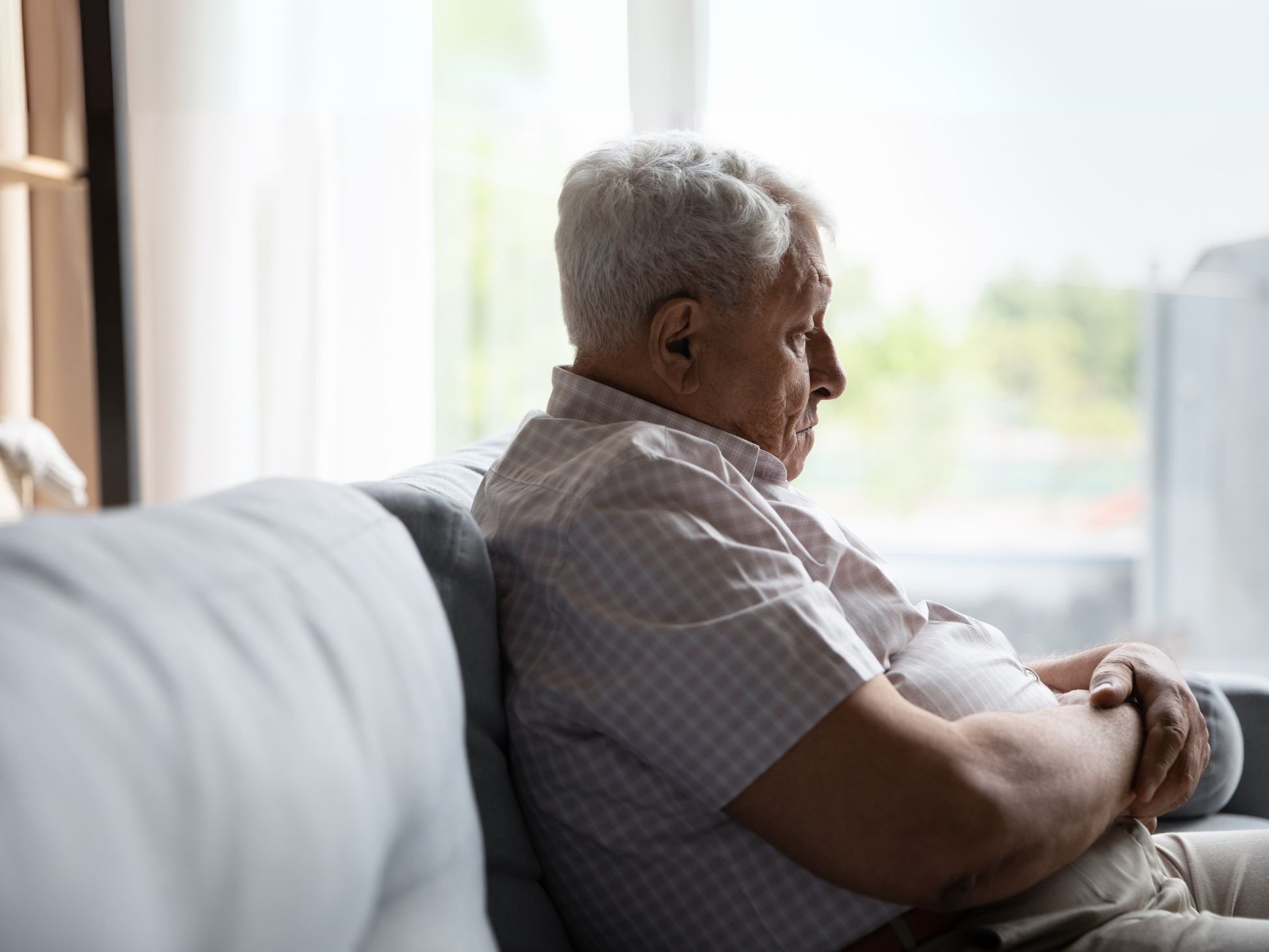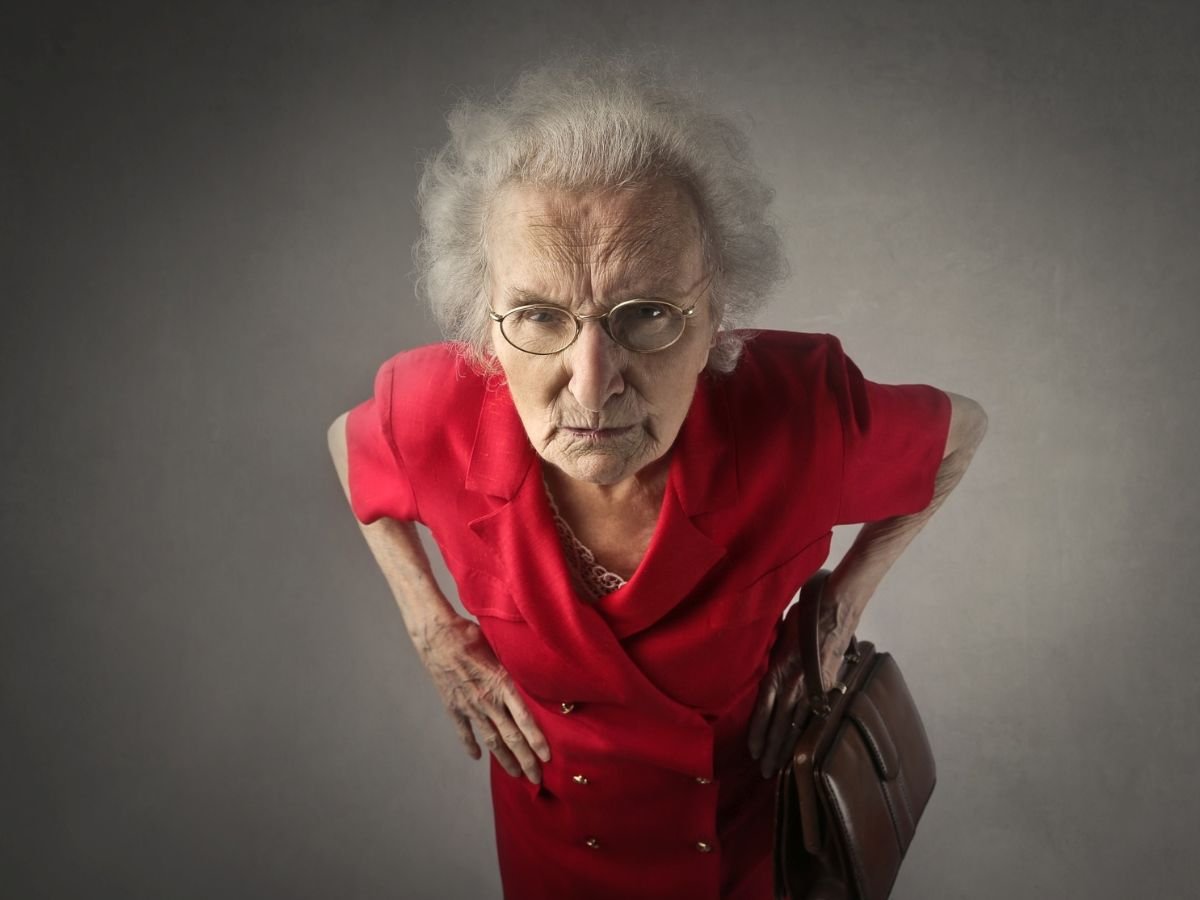
What Are the Best Home Modifications for Senior Safety
Ensuring the safety of seniors at home is one of the most important aspects of caregiving. As we age, our mobility, vision, and cognitive functions often change, making it crucial to adapt our living spaces to reduce risks and enhance home safety for seniors.

How to Create a Care Plan for Your Aging Loved One
As our loved ones age, ensuring they receive the care they need becomes a priority. Developing a long-term care plan for seniors is essential for supporting their health, safety, and well-being. This plan not only provides structure for medical care but also ensures that all aspects of their daily life are considered, from emotional support to practical needs.

Top Health Risks for Seniors and How to Prevent Them
Our bodies become more susceptible to various health risks as we age. Recognizing these risks and taking preventive measures is crucial for maintaining a high quality of life. In this blog, we’ll explore some of the most common health issues for seniors and offer practical tips on how to prevent them.

A Caregiver’s Guide to Effective Laundry Management for Seniors
Laundry management is one of those essential tasks that often gets overlooked in caregiving, yet it plays a crucial role in maintaining seniors’ comfort and well-being. As seniors age, they may face physical limitations that make laundry tasks challenging.

The Importance of Crisis Intervention in Caregiving
Caring for a loved one, especially a senior, can be deeply fulfilling, but it also comes with its own set of challenges. One of the most critical aspects of caregiving is crisis intervention in caregiving—a proactive approach to managing and addressing unexpected situations that may arise.

Understanding Anxiety in the Elderly—Causes, Symptoms, and Solutions
How can you help seniors manage anxiety? Discover senior caregiving tips and quality in-home care for seniors in Georgia to support senior emotional and mental health.

Why Is My Elderly Parent Shaking and How to Address It
Our bodies go through numerous changes as we age, and one common concern for many seniors is the occurrence of shaking hands or the body. While shaking in elderly individuals can be a natural part of aging, it can also be a sign of underlying health issues.

Essential Guide to Maintaining Dental Health for Seniors
Maintaining dental health for seniors becomes more important than ever as we age. Dental care impacts overall health, from the ability to eat comfortably to preventing other health conditions such as gum disease or even heart disease.

Superfoods to Optimize Senior Diets and Meet Elderly Nutrition Needs
Our bodies go through subtle yet important changes as we age, especially in how they respond to food. In order to maintain optimal health during these later years, focusing on senior diet tips is essential.

Why Is My Senior Parent Always Angry?
It’s not uncommon for seniors to experience mood changes, but when anger becomes a consistent emotion, it can be difficult for family caregivers to understand. Often, anger in seniors is a reflection of deeper emotional or physical concerns that might not be immediately apparent.

Tips for Helping Your Aging Parents Transition Into Your Home
As our parents age, their health and safety needs evolve, often making it difficult for them to continue living independently. Moving them into your home can be a loving and proactive way to ensure they receive the care they deserve.

How Walking Can Enhance Senior Health and Mobility
Aging gracefully requires maintaining physical activity to support overall health, happiness, and independence. Among the various exercise options, walking stands out as one of the safest and most effective ways for seniors to stay fit.

Strategies for Harmony and Cooperation in Elderly Caregiving Among Siblings
As the population ages, many families find themselves shouldering the responsibility of caring for elderly parents. This situation can bring out sibling rivalries, adding tension to the already difficult task of caregiving.

A Guide for Seniors Using Smartwatches
Technology and innovation for seniors have come a long way, and one of the most impactful advancements is the smartwatch. These devices are more than just timekeepers—they provide numerous features designed to help seniors maintain independence, monitor their health, and stay connected with loved ones.

Managing Fear as a Family Caregiver
Caring for an aging parent can be one of the most rewarding yet emotionally challenging tasks a family member can undertake. As family caregivers, it's normal to experience a mix of emotions, including fear and anxiety about our loved one’s health and well-being.

Should Your Senior Get a Pet?
Pets bring immeasurable joy and companionship into our lives, and for seniors, their presence can offer a range of emotional, physical, and mental benefits. A furry friend can greatly improve the quality of life for older adults, helping them stay active, connected, and emotionally supported.

Effective Energy Management Tips for Caregivers to Prevent Burnout
Caregiving is a deeply rewarding but demanding role that requires physical, emotional, and mental strength. As a caregiver, it's easy to focus entirely on your loved one’s needs, but it's equally important to manage your energy to avoid burnout.

Building a Support System for Family Caregivers
Caregiving for a loved one can be a gratifying experience, but it’s also filled with challenges. For family caregivers, the emotional, physical, and financial demands of caring for someone can sometimes feel overwhelming.

Utilizing Technology to Enhance Senior Care and Communication
In today's rapidly evolving world, technology is playing a transformative role in various sectors, and senior care is no exception. Technology has the potential to significantly improve how we care for seniors, especially when it comes to communication, care coordination, and overall well-being.

Understanding Incontinence Care and Its Role in Supporting Dignity and Comfort for Seniors
Incontinence is a common issue among seniors that can significantly impact their quality of life and sense of dignity. However, with the right approach to care, individuals can maintain comfort and independence.

